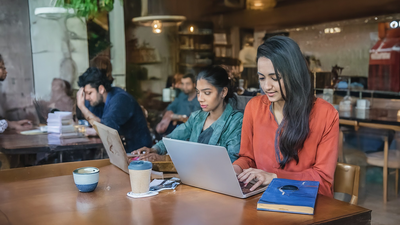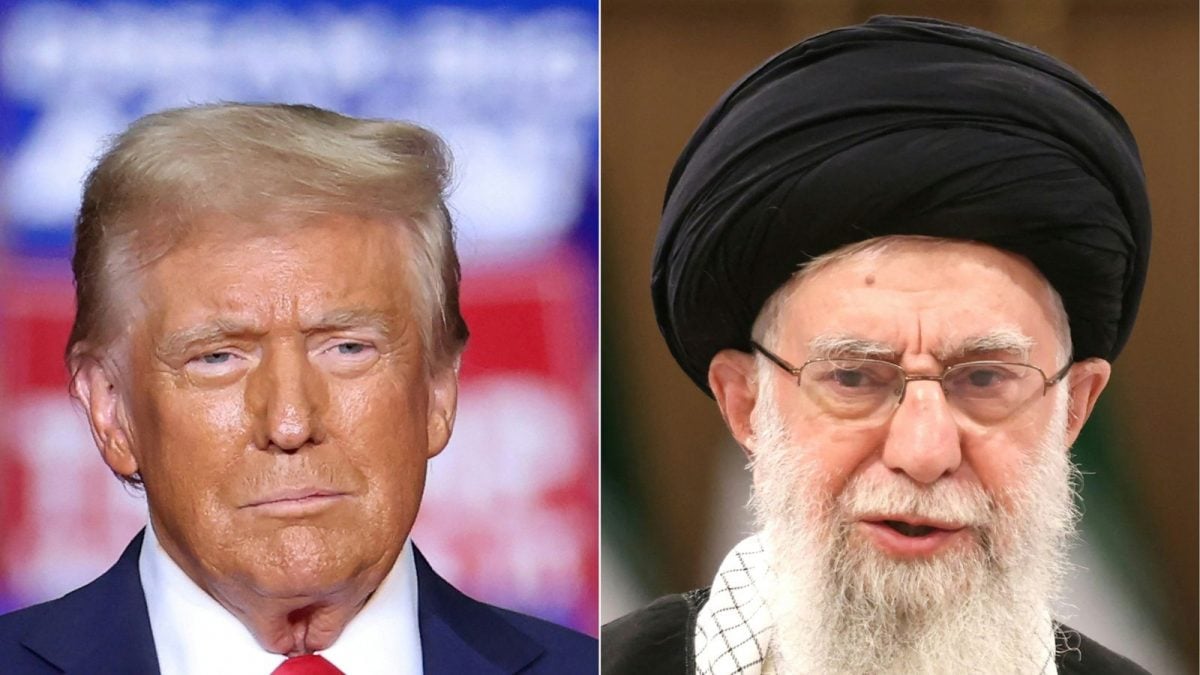ARTICLE AD BOX

Indian students review their online presence before a visa interview. A quiet tension hangs in the air, mixed with hope. (AI Image)
The US State Department has resumed processing student visas for foreign nationals, including thousands of Indian students eager to pursue higher education in the US. This follows a temporary suspension in May, which left many applicants in limbo as the academic year approached.However, a new policy has introduced a significant hurdle: All visa applicants must now provide full access to their social media accounts for review. This expanded vetting process, aimed at identifying "hostility" towards the US, its culture, government, or institutions, has sparked concerns among Indian students, who form the largest group of international students in the USWhy social media scrutiny?The US State Department's new directive mandates that consular officers thoroughly examine applicants' social media profiles, which must be set to "public" for review.
Posts or interactions deemed anti-American or supportive of terrorism or antisemitism could lead to visa denial. Refusal to grant access may be interpreted as an attempt to conceal online activity, further jeopardising approval chances.Impact on Indian studentsIndian students, contributing over $40 billion annually to the US economy, face unique challenges under this policy. Many have expressed anxiety about their online presence, fearing that even humorous memes or political comments could be misconstrued.
For instance, a light-hearted post critiquing US culture might be flagged as hostile, despite being innocuous. The vague guidelines leave room for subjective interpretation, raising concerns about fairness.How to prepare your online presenceTo navigate this, students are advised to audit their social media accounts well in advance. They should delete inactive profiles and ensure active ones reflect neutral or professional content.
"I don't think any American would want to be judged by their worst tweet," said Stuart Anderson of the National Foundation for American Policy, as quoted by the Washington Post, highlighting the risk of broad interpretations.
Compiling a list of current handles for the DS-160 visa application form is crucial, as incomplete disclosures could signal evasiveness.Broader implications and criticismsCritics, including Jameel Jaffer of the Knight First Amendment Institute, argue that this policy chills free speech, evoking Cold War-era ideological vetting.
"This policy makes a censor of every consular officer, and it will inevitably chill legitimate political speech both inside and outside the United States," Jaffer said, as reported by the Associated Press. The requirement, rooted in Executive Order 14188, targets issues like antisemitism but risks stifling legitimate political expression.
Indian students, already navigating delays and a new US travel ban affecting six countries, must now tread carefully online to secure their academic dreams.
With visa interviews resuming, proactive preparation is key. Indian students should monitor official US embassy updates and maintain a professional digital footprint to avoid visa complications.



.png)
.png)
.png)
















 3 hours ago
3
3 hours ago
3









 English (US) ·
English (US) ·